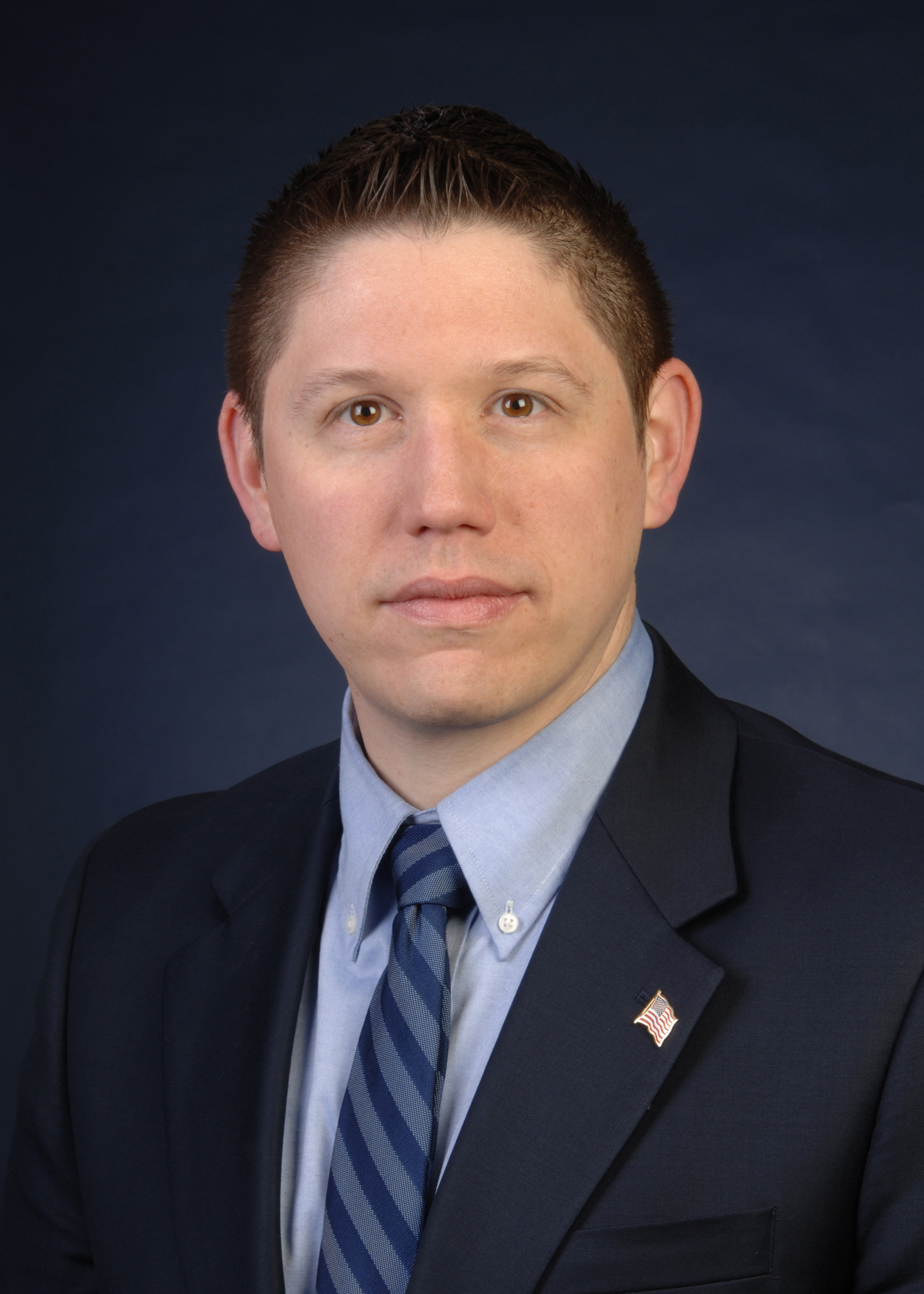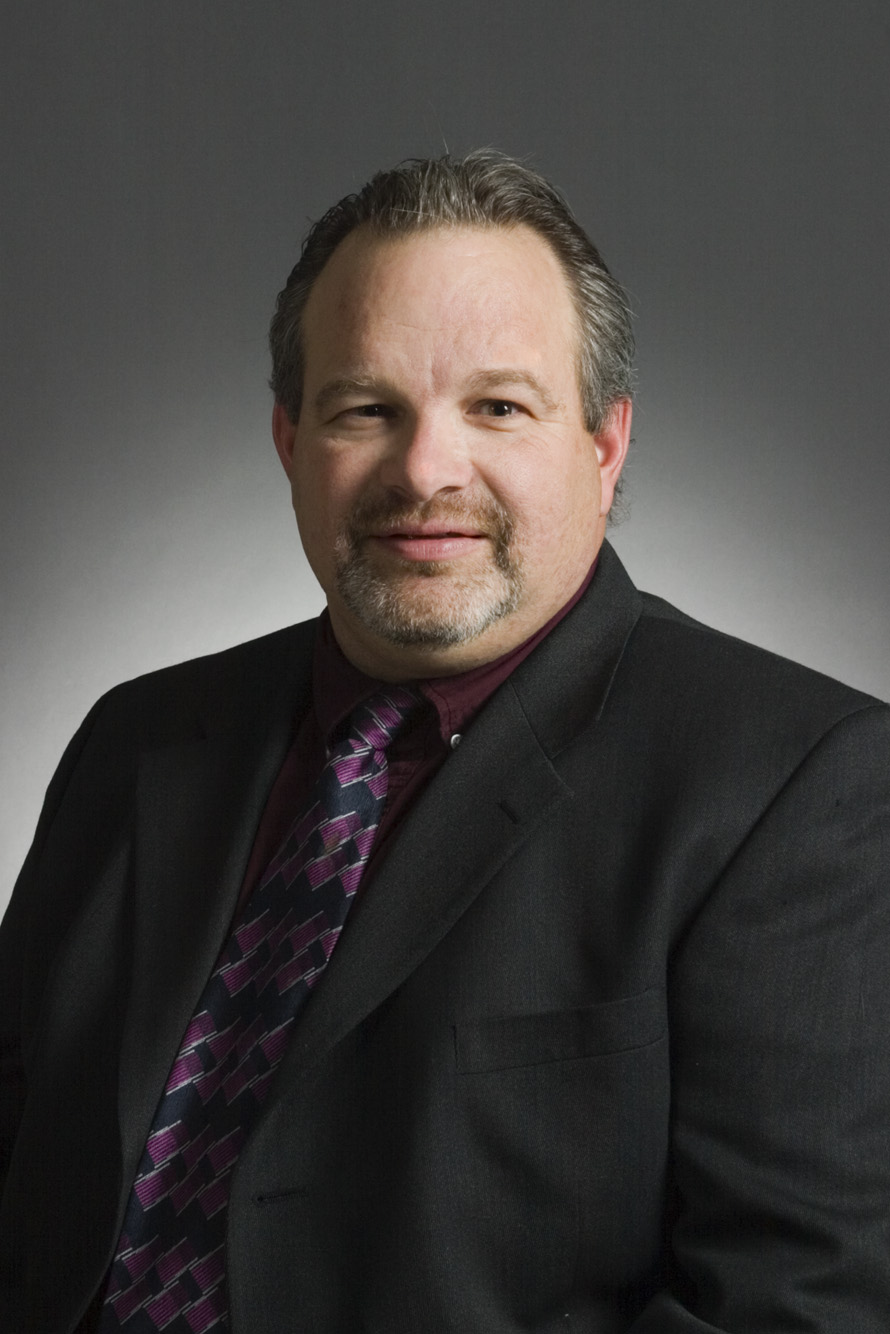Keynotes
Using the Digital Thread to Integrate PHM in a Model-Based Enterprise (MBE)Date: Tuesday, September 25, 2018 Abstract: Manufacturing is more distributed and lean-oriented than in years past. Unexpected process deficiencies and part-quality escapes send ripples through globalized supply chains – costing millions of dollars in lost productivity and efficiency. Industry desires ways to move beyond reactive diagnostic and preventive methods toward enabling more predictive monitoring capabilities. Whereas, industry makes decisions currently to perform maintenance before it may be needed (i.e., sacrificing manufacturing capacity today) in hopes that the manufacturing system will be operating effectively in the future (i.e., assuming some level of manufacturing capacity is available tomorrow). This type of decision making is ineffective for ensuring a robust and reliable manufacturing system. Simply tracking machine maintenance is no longer sufficient for ensuring a manufacturing system is running optimally and effectively. Industry needs ways to combine part quality, manufacturing execution, and machine performance data to enable a health monitoring observatory for manufacturing systems. The concept of Model-Based Enterprise (MBE) promises to usher in new capabilities for spinning the digital thread of connected enterprises. This presentation will discuss the opportunities and challenges in MBE to address integrated part and process health monitoring. Speaker Bio: Thomas Hedberg, Jr. is a Mechanical Engineer in the Systems Integration Division of the Engineering Laboratory at the National Institute of Standards and Technology (NIST). He is the Project Leader of the Digital Thread for Smart Manufacturing project in the NIST Smart Manufacturing Operations Planning and Control program and the Co-Leader of the NIST Smart Manufacturing Systems Test Bed. His current research focus is in the areas of digital-product design, smart manufacturing, and lifecycle engineering. Mr. Hedberg is a Voting Member of the American Society of Mechanical Engineers (ASME) Y14.37, Y14.41, and Y14.41.1 subcommittees from the ASME Y14 suite of standards and Co-Chair and Americas Lead for the Visualization Working Group for LOTAR International. Prior to joining NIST, Mr. Hedberg was a Senior Mechanical Engineer and Technical Lead of the Model Based Enterprise (MBE) group at Honeywell Aerospace. In this role, he developed a strategy and implementation of MBE in Honeywell’s engineering operations. He earned a M.Eng. in Engineering Management with a concentration on Systems Engineering from the Pennsylvania State University and a B.S. in Aeronautical and Astronautical Engineering from Purdue University. He is currently a Ph.D. Candidate in Industrial and Systems Engineering at the Virginia Polytechnic Institute and State University. Mr. Hedberg is a licensed Professional Engineer (PE) in the States of Arizona and Maryland. |
 |
|
|
|
Product Support at the Skunk Works®: 75 years of Sustaining InnovationDate: Tuesday, September 25, 2018 Abstract: For 75 years, Lockheed Martin’s Advanced Development Programs, AKA the Skunk Works®, has been solving our nation’s most difficult defense challenges by fielding and supporting revolutionary aircraft such as the U-2 Dragon Lady, SR-71 Blackbird, and F-117 Night Hawk. The basic operating principles of the Skunk Works, known simply as “Kelly’s Rules,” are a key component of our success. These 14 rules, as relevant today as they were in the beginnings of the Skunk Works, are recognized world-wide as governing principles for innovation. The application of these rules to aircraft sustainment will be presented through a historical look at Skunk Works programs. Speaker Bio: Greg Birdsall is the Director of Sustainment Operations for Lockheed Martin Aeronautics Advanced Development Programs (ADP). He is responsible for execution and delivery of sustainment products and services across the entire ADP portfolio. Greg joined Lockheed Martin Aeronautics and the Skunk Works in 1983 as a design engineer on the U-2 Program. He spent the majority of his career in various Engineering or Program Management roles on the U-2, including serving as the U-2 Deputy Chief Engineer and U-2 Sustainment Manager before being selected to lead the ADP Sustainment Operations Directorate. Greg earned a Bachelor of Science Degree in Mechanical Engineering with a Minor in Material Science from California State Polytechnic University, Pomona, and a Masters Degree in Technical Management from Embry Riddle Aeronautical University. |
 |
|
|
|
Teaching PHM to Speak BusinessDate: Wednesday, September 26, 2018 Abstract: Like it or not, if you’re doing PHM for decision support someone is probably calling it “Analytics” and effective PHM Engineers must also identify as data engineers (the designers, builders and managers of information). This discipline sees the value and feels deep passion for the power of data as well as the powerful & subtle techniques that can be applied to that data to yield amazing insights. However, it can be hard to reconcile this work with the needs and frameworks of the businesses within which we all operate. In this keynote, Ed Cuoco will discuss the various human and business aspects that influence “Analytics” as a business and analytics as an offering or feature set and provide some tips for better adapting the work you do and how you communicate to key stakeholders in your organization as well as your customer base. Speaker Bio: Ed Cuoco has spent more than two decades helping organizations develop advanced analytics strategies and data science product organizations. He has led product, analytics & strategy functions for companies in the United States and Europe, with particular focus on Energy, Oil & Gas, Transport and Logistics. He is passionate about the value that can be unlocked by combining data, logic, people and processes. In his current role as VP, Analytics at PTC, Ed is responsible for the strategy of the ThingWorx Analytics product. |
 |
|
|
|
Quantum Computing (QC) Tailored for PHM ObjectivesDate: Thursday, September 27, 2018 Abstract: The transition of QC technologies from laboratories to practical state-of-the-art systems is becoming a reality across a diverse range of applications. Disciplines poised to exploit QC processing include image processing, weather forecasting, data mining, and others. The time is ripe for PHM societies to become major players in QC to obtain the exponential gains in computational power required to meet real time health management mission objectives. This presentation introduces QC technology from the foundational “qubit” building block of QC to the pertinent founding physics underlying the Uncertainty Principle, Quantum Superposition and Entanglement, Quantum Error Corrections, Quantum Cryptography, and Quantum Algorithms. We investigate QC languages and compilers, QC algorithmic approaches that may be tailored for PHM, and running QC algorithms on publicly available platforms. Finally, if time permits, we include a discussion on Quantum Teleportation and Quantum Paradoxes. Speaker Bio: Systems Engineering Manager 5 years</br > Over 20 years of IVHM industry collaboration
Research and program interests have been primarily in the areas of IVHM, Image Processing, Embedded Computing, Distributed Computing, Avionics, and others on NASA, Air Force, Army, Navy, and DARPA programs; Model Driven Architectures; Distributed Software Architectures; Probabilistic Methods; Modeling and Simulation; Data Analytics; Information Exploitation; Quantum Computing; Particle Physics; Nuclear Physics; and String Theory. |
 |
